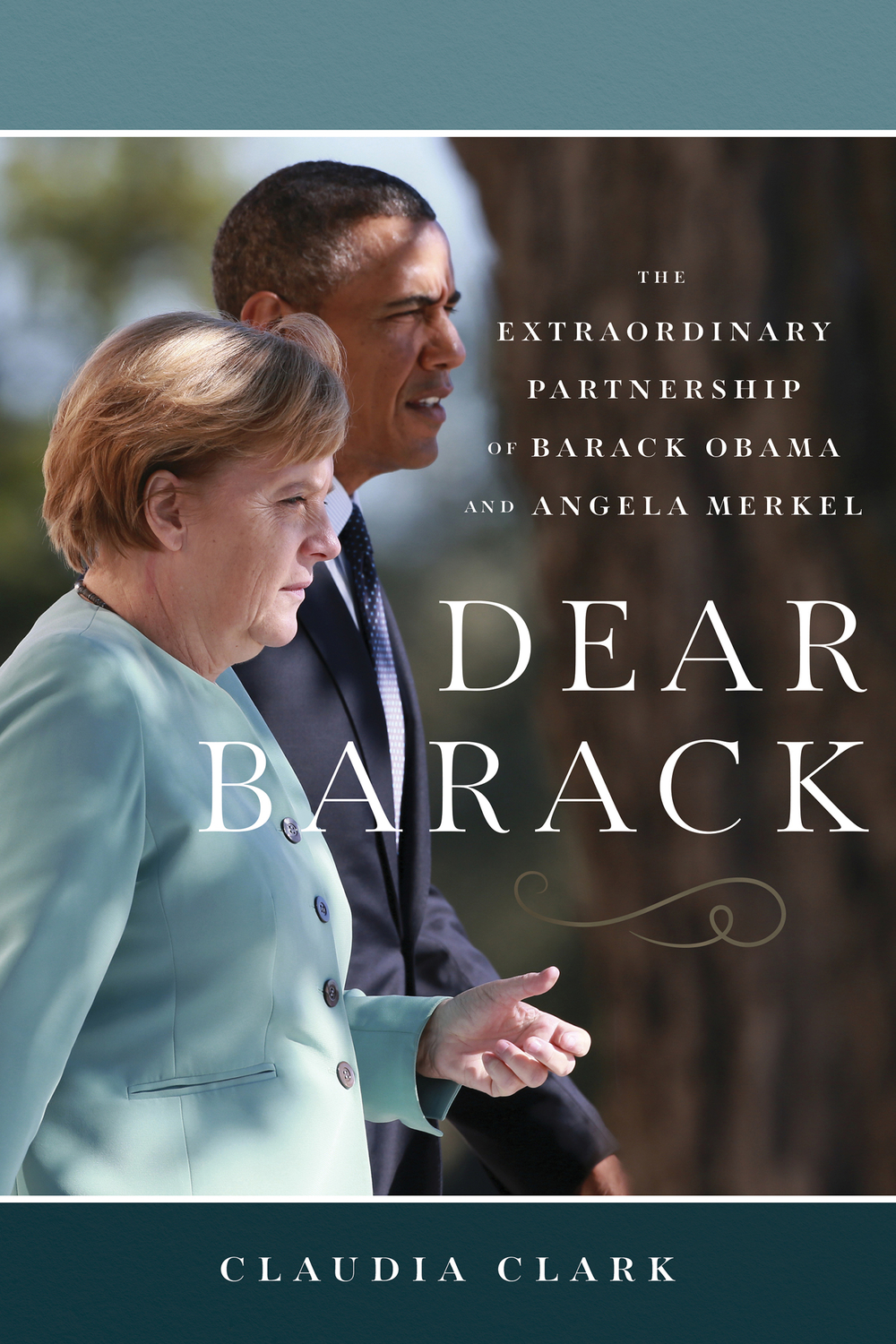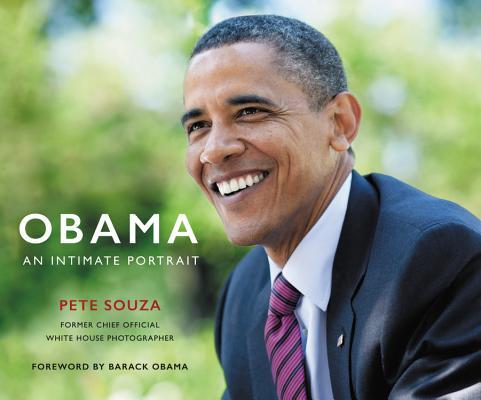
Dear Barack: The Extraordinary Partnership of Barack Obama and Angela Merkel
Book Description
Two leaders, worlds apart yet united by a shared vision, navigate the turbulent waters of global politics. "Dear Barack" unveils the extraordinary partnership between Barack Obama and Angela Merkel, showcasing their battles against rising populism, climate change, and economic upheaval. As they forge a deep bond built on mutual respect and trust, the stakes grow higher, challenging their resolve and redefining alliances. This gripping chronicle reveals how their collaboration reshaped the global landscape and inspired countless individuals. Can the power of friendship transcend borders during an era of division?
Quick Book Summary
"Dear Barack: The Extraordinary Partnership of Barack Obama and Angela Merkel" explores the close and essential relationship between two of the 21st century’s most consequential world leaders. Author Claudia Clark traces how Obama and Merkel, coming from distinct backgrounds and political cultures, developed an alliance rooted in mutual respect and shared democratic ideals. The book follows their collaboration on global crises such as the Eurozone bailout, the rise of populism, and the fight against climate change. Through personal letters, speeches, and behind-the-scenes diplomacy, Clark reveals how their bond became a bulwark against rising divisions in the international order. The story not only illuminates their unique partnership but also highlights the significance of international cooperation and understanding during times of instability.
Summary of Key Ideas
Table of Contents
Cultivating Transatlantic Trust
Barack Obama and Angela Merkel’s partnership emerged from circumstances initially defined by uncertainty and difference. Merkel, shaped by her East German roots and scientific training, and Obama, the historic first African American U.S. president, were cautious yet open in early encounters. Their relationship evolved from guarded diplomacy to one of warmth and genuine mutual respect, fostered through consistent communication and aligned values of democracy, multilateralism, and a rules-based world order. Personal letters and reflective meetings marked a growing trust that would become crucial on the world stage.
Responding to Global Crises Together
Facing a labyrinth of global challenges, the Obama-Merkel team confronted several major crises together. The global financial crisis and subsequent Eurozone turmoil tested their ability to cooperate while balancing national interests. Merkel’s pragmatism and Obama’s optimism sometimes clashed, but through dialogue and compromise, they coordinated actions to stabilize economies and fortify transatlantic cooperation. Their debates over responses, such as austerity versus stimulus, highlighted tensions but ultimately underscored the necessity of partnership in complex times.
Countering Populism and Defending Democracy
The rise of populism and illiberalism shook both leaders’ societies. Merkel and Obama became defenders of democratic norms, often aligning on strategies to counter nativist rhetoric and polarization. The book details their efforts to bolster NATO, support free press, and speak out against discrimination and xenophobia. When personal attacks and political shifts threatened unity—like the Snowden leaks or Brexit—they navigated disagreements with honesty, reiterating the importance of shared values in turbulent periods.
Navigating Economic Upheaval and Policy Differences
Common cause on global issues like climate change further cemented their alliance. Together, they shaped the Paris Climate Agreement, using their diplomatic rapport to lead reluctant partners toward compromise. Their efforts demonstrated how personal diplomacy could leverage collective action for issues transcending borders. Clark also describes moments of strain—such as U.S. intelligence surveillance practices—but emphasizes their mutual commitment to addressing discord constructively.
Harnessing Personal Diplomacy for Collective Good
By chronicling the Obama-Merkel partnership, Clark underscores the enduring power of friendship, empathy, and internationalism. Their differences did not preclude cooperation but instead enriched it, offering lessons in perseverance and bridge-building. As the world order fractured under pressures of nationalism and economic anxiety, their example set a high standard for how world leaders can foster unity and hope despite daunting odds. The book inspires readers to believe in the potential of collaboration to overcome division and reshape history.
Download This Summary
Get a free PDF of this summary instantly — no email required.





